The Department of Energy (DOE) has instructed its employees to label documents related to the agency’s review of grants and contracts under the controversial DOGE initiative with "legal privilege," in a bid to prevent them from being disclosed under the Freedom of Information Act (FOIA).
A memo obtained by Axios reveals that the DOE’s acting general counsel, David R. Taggart, issued the directive on March 17, outlining procedures for handling DOGE-related documents.
DOGE, which has been tasked with evaluating the efficiency and alignment of grants and contracts with DOE policies, has provided spreadsheets to DOE officials. These spreadsheets are to help identify which grants and contracts could potentially be flagged for termination or renegotiation.
The memo also directs political appointees within the DOE to assess whether each grant or contract is “efficient” and “consistent with DOE policies and priorities.” Taggart emphasized the importance of brevity and consistency when completing the spreadsheets, citing a "heavy litigation environment" surrounding the DOGE cuts.
The review process appears to cover multiple areas within the DOE, including its national laboratory system, as each laboratory is managed by private companies under contract. The DOE’s standard contracts contain provisions that allow for termination if an award no longer aligns with the department's goals or priorities.
The memo suggests that the process for enacting DOGE cuts may involve minimal scrutiny once the completed spreadsheets leave DOE offices. Officials have been encouraged to be as detailed as possible when filling out the documents to avoid overlooking specific nuances in contracts and grants, which could result in the wrongful termination of efficient agreements.
The move comes amid growing controversy surrounding the DOGE initiative and its potential impact on energy-related research and development funding.

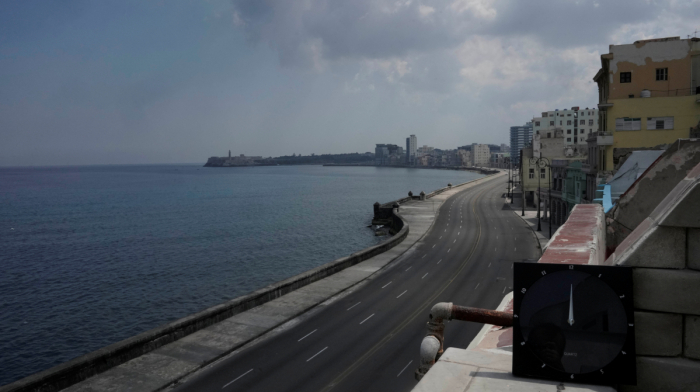
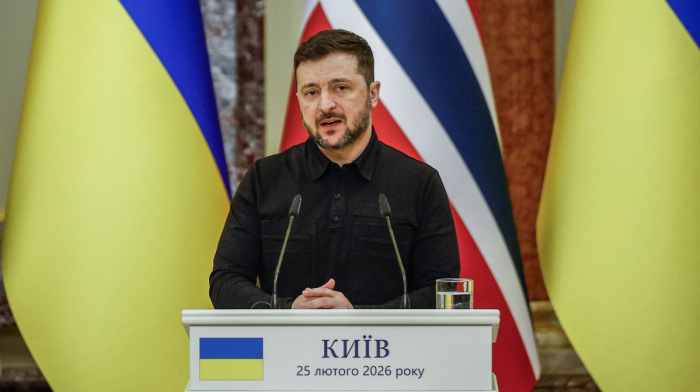
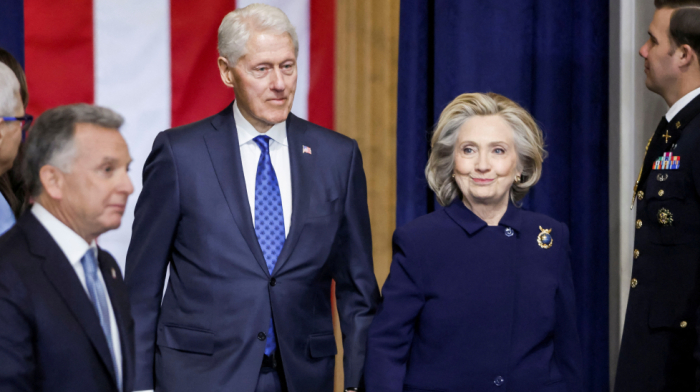




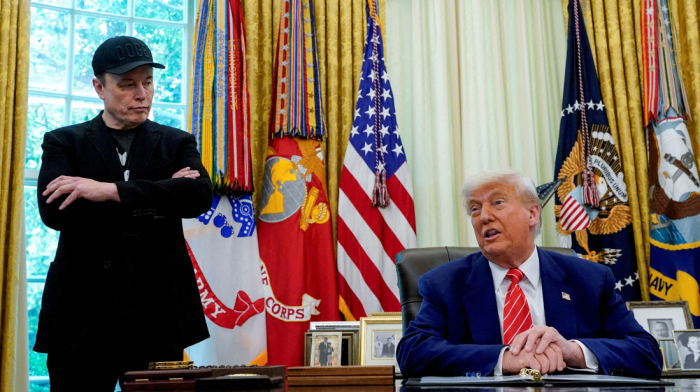


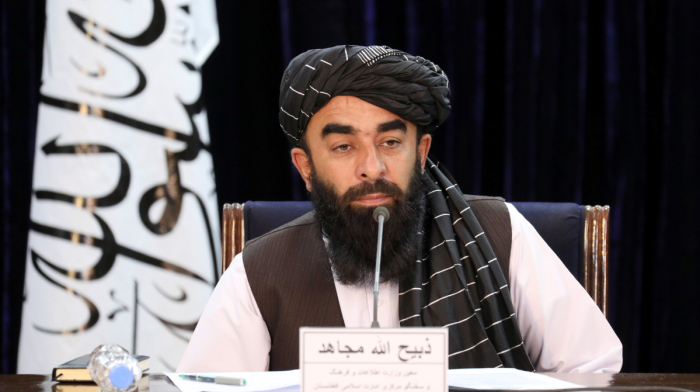
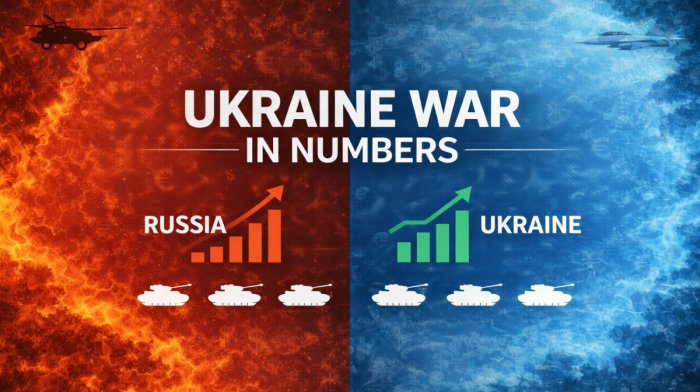

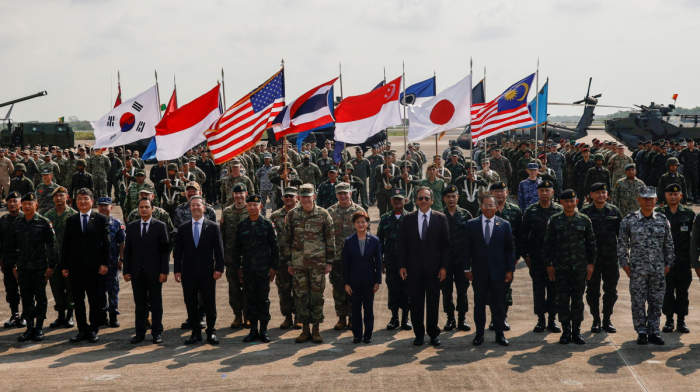
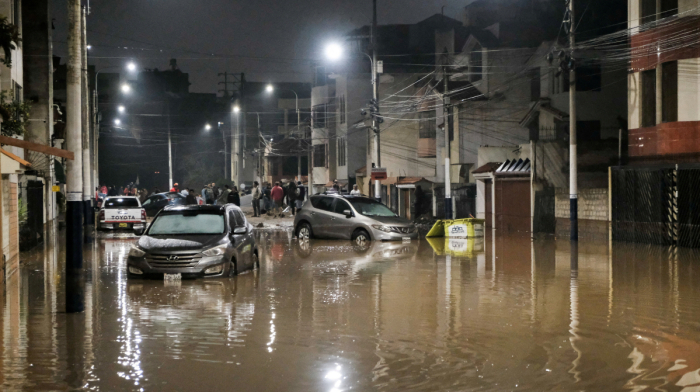
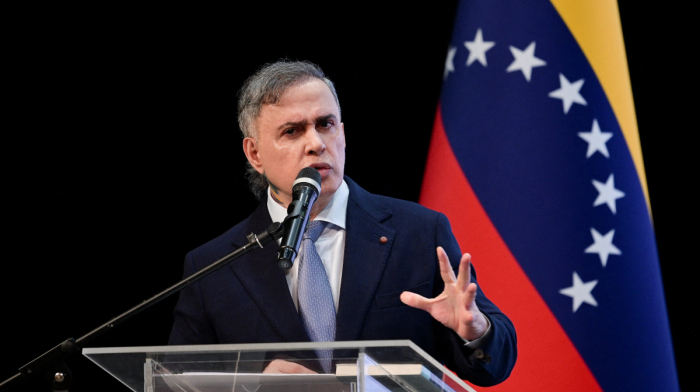



What is your opinion on this topic?
Leave the first comment